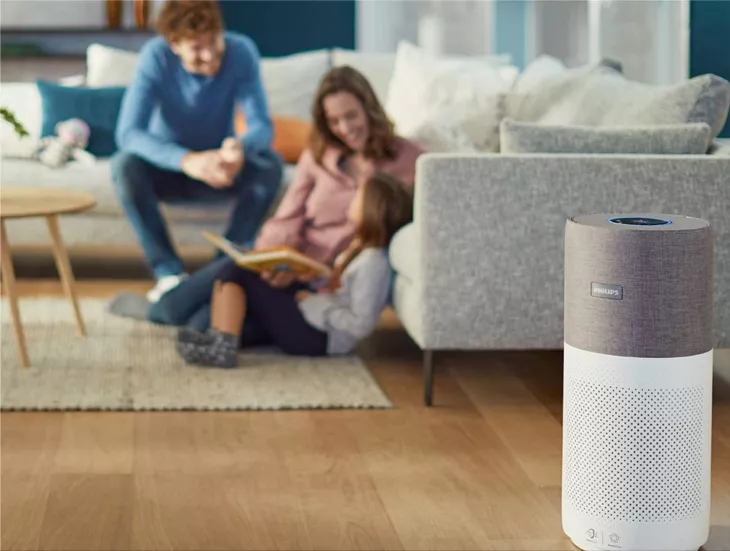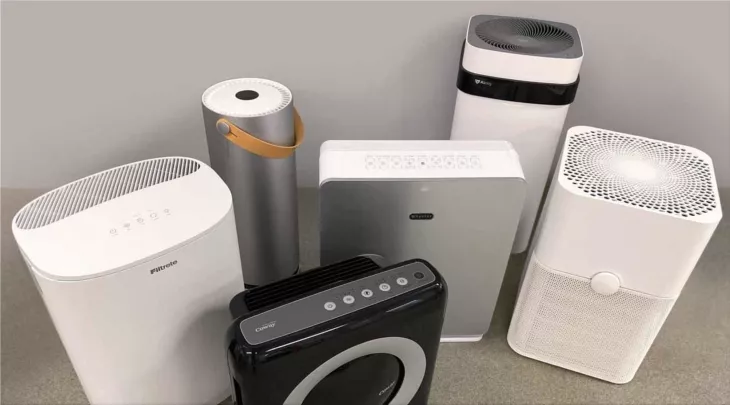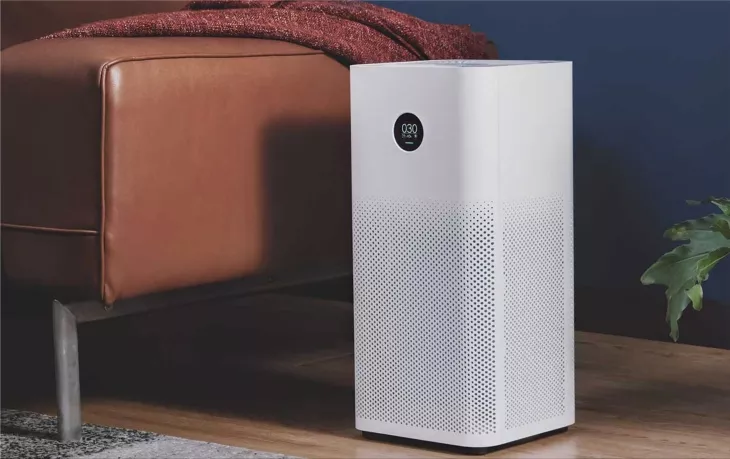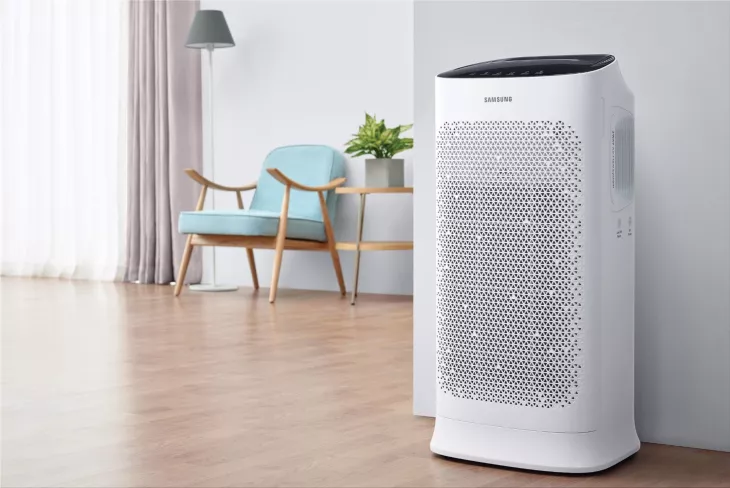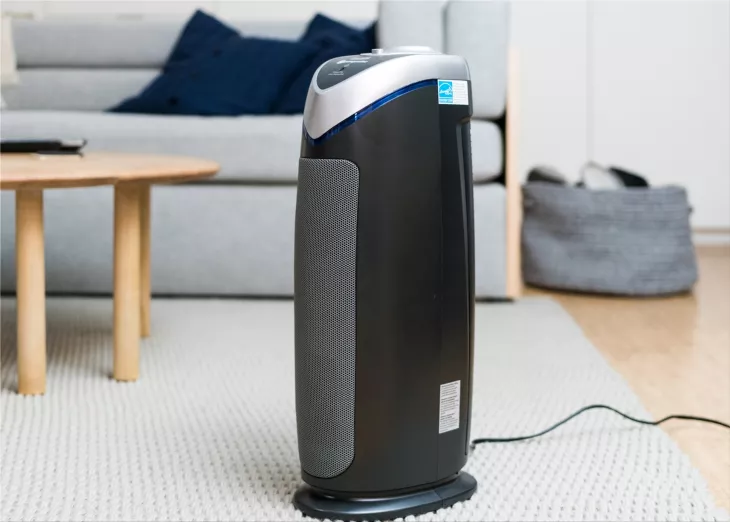Today, Panorica continues the series of advice for her readers, stepping into a new field. It's about an air purifier, whose usefulness I don't think anyone doubts. When discussing health and its preservation, any doctor's advice focuses on three main things: the air we breathe, the water we drink, and the food we eat. And, not by chance, their order from the point of view of importance for always having a healthy organism is the one above the air, water, and food.
Unfortunately, however, the way we treat them is precisely the opposite from this point of view. We specialize in natural food, with as few Es as possible, and on liquids that hydrate us without added sugar or carbon dioxide.
But when it comes to the air we breathe, things are no longer the same. And it is somehow explainable.
Food and drinks have taste, color, and smell, so it is straightforward for us to detect many things that could be wrong with them before consuming them.
But the air is colorless, odorless, and tasteless so many times, and we are not even aware of the fact that what enters our lungs can make us sick, sometimes even more seriously than what we eat and what we drink.
The good news is that civilization is taking quick steps to solve this problem. The consumer society we live in today has quickly adapted to all our needs, so now there are a lot of air purifiers on the market.
But how much does it cost to use an air purifier? The vibrant offer regarding these products has led to another dilemma for the average consumer. Most air purifiers are based on the same technology and offer the same results, but the costs differ, in some cases quite a lot.
That's why we must consider several elements, not just the purchase price when buying an air purifier.
To help you, I searched the internet for some relevant information in this regard. From here, I learned that air purifiers are divided into two large categories: with filters and without filters—each with its advantages and disadvantages.
But speaking strictly from the point of view of the costs of use for an air purifier, the scale seems to lean towards those without filters.
The reasons are easy to guess: not having consumables that need to be changed once or twice a year, purifiers without filters do not periodically "pay attention" to the family budget.
On the other hand, the air filtration efficiency for such a product is somewhat lower. Therefore, it will have to remain in working condition for a more extended period, and several areas of the house consuming more energy.
In conclusion, to minimize the operating costs of an air purifier, you have to consider several factors, such as the area of the house or the electricity consumed.
I hope you make the right choice.





